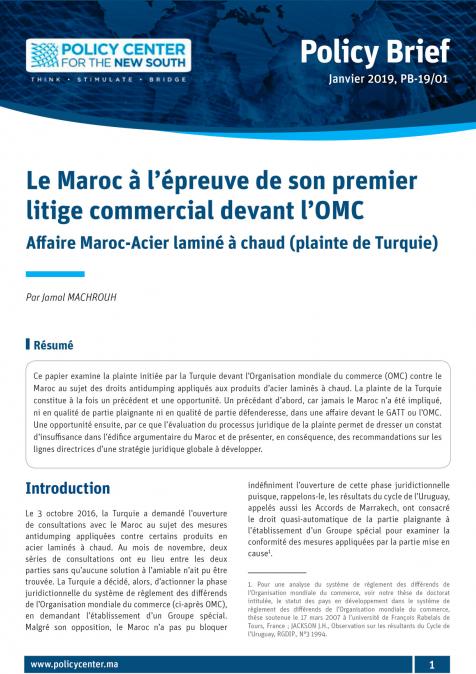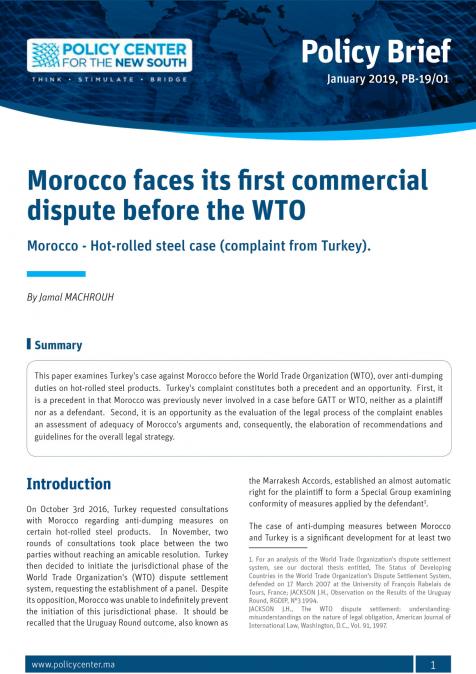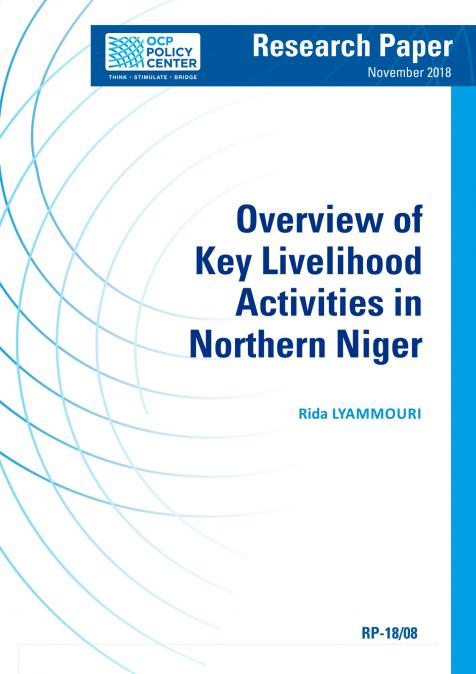Publications /
Policy Brief
The African Continental Free Trade Area (AfCFTA) gives Mauritius the golden opportunity to access Africa’s vast market of 1.3 billion people, with an estimated GDP of $3.4 trillion. This opportunity could not have come at a better time, as Mauritius suffered a heavy blow from the COVID-19 pandemic in 2020. It also lost its preferential trade agreements on sugar and textiles in the 2000s, and has struggled with diminished export and productivity growth.
To turn this opportunity into a new engine of growth, Mauritius must once again transform itself from an economy that relies on labor-intensive sectors to a new foundation of knowledge-intensive sectors of the fourth industrial revolution (4IR). This is a daunting challenge, especially in the fiscally constrained environment post COVID-19.
The successful experiences of the European Union, ASEAN and MERCOSUR (though to a lesser extent) show that their visionary leaders transformed their shattered countries into vibrant economies delivering sustained growth and poverty reduction by relentlessly pursuing and expanding regional market integration. Mauritius can derive useful insights on how to move forward not only from these successful experiences but also from its own ability to turn crisis into opportunity by developing new and diversified markets.








